In Arlington, Texas, a novel pilot project featuring drones and autonomous vehicles is set to revolutionize how food is delivered to mobility-challenged residents. This initiative, a collaboration between the city and the Tarrant Area Food Bank, will utilize a $780,000 grant from the Department of Energy, complemented by approximately $820,000 from various partners, to test the effectiveness of these technologies in real-world scenarios, according to The Dallas Morning News.
A Leap into the Future of Delivery
The project will kick off this fall with 300 deliveries scheduled over two two-week demonstration periods. Using an Aerialoop drone and a Clevon autonomous vehicle—which is notably smaller than a typical car—the program aims to address the urgent need for efficient delivery services in areas lacking easy access to essential goods.
Michael Morris, the director of the Regional Transportation Council at the North Central Texas Council of Governments, emphasizes the project’s broader implications: “We have to eliminate food deserts. We have to create an opportunity to deliver medicine when our children are very ill and we can’t even get out of the house to get them. We’ve got to be able to get access to medicine when we’re dealing with situations like COVID and other types of initiatives. Technology is delivering real solutions to real problems.”
Targeting Critical Needs
Currently, the Tarrant Area Food Bank already assists residents who have mobility issues or lack transportation. However, the demand exceeds what their current delivery logistics can handle.
“We can only serve so many people with the limited logistics that we have and adding this additional resource helps us do that,” said Sasha Kehoe, home deliveries coordinator.
This initiative seeks to expand their capacity significantly, targeting residents who will most benefit from autonomous delivery services.
Evaluating Impact and Planning Ahead
As part of the pilot’s evaluation phase, the University of Texas at Arlington will play a crucial role. They are set to assess risks, model logistics, and survey the community to gauge responses to the high-tech delivery methods. The end goal is to produce a comprehensive report that not only covers the lessons learned but also offers policy recommendations and plans for scaling up the project if successful.
A Model for Modern Logistics
This pilot project in Arlington could set a precedent for other cities grappling with similar logistical challenges. By reducing traffic and emissions and improving delivery efficiency, drone and autonomous vehicle technology could be a game-changer in how communities access essential supplies. As the project moves forward, it promises not only to meet immediate needs but also to pave the way for future innovations in service and care delivery.
Discover more from DroneXL.co
Subscribe to get the latest posts to your email.

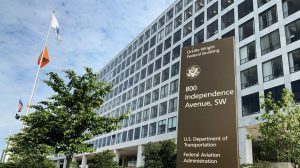
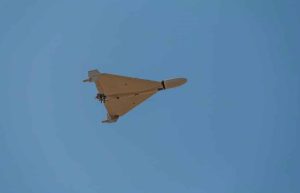
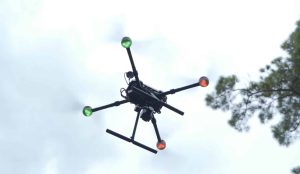
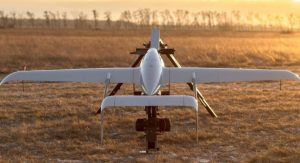
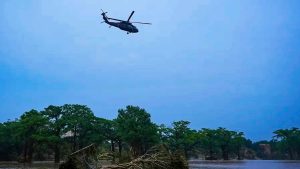
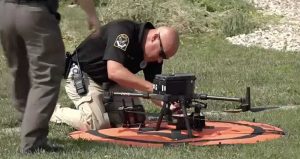

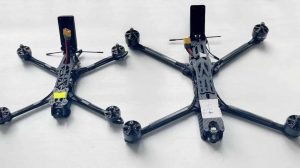
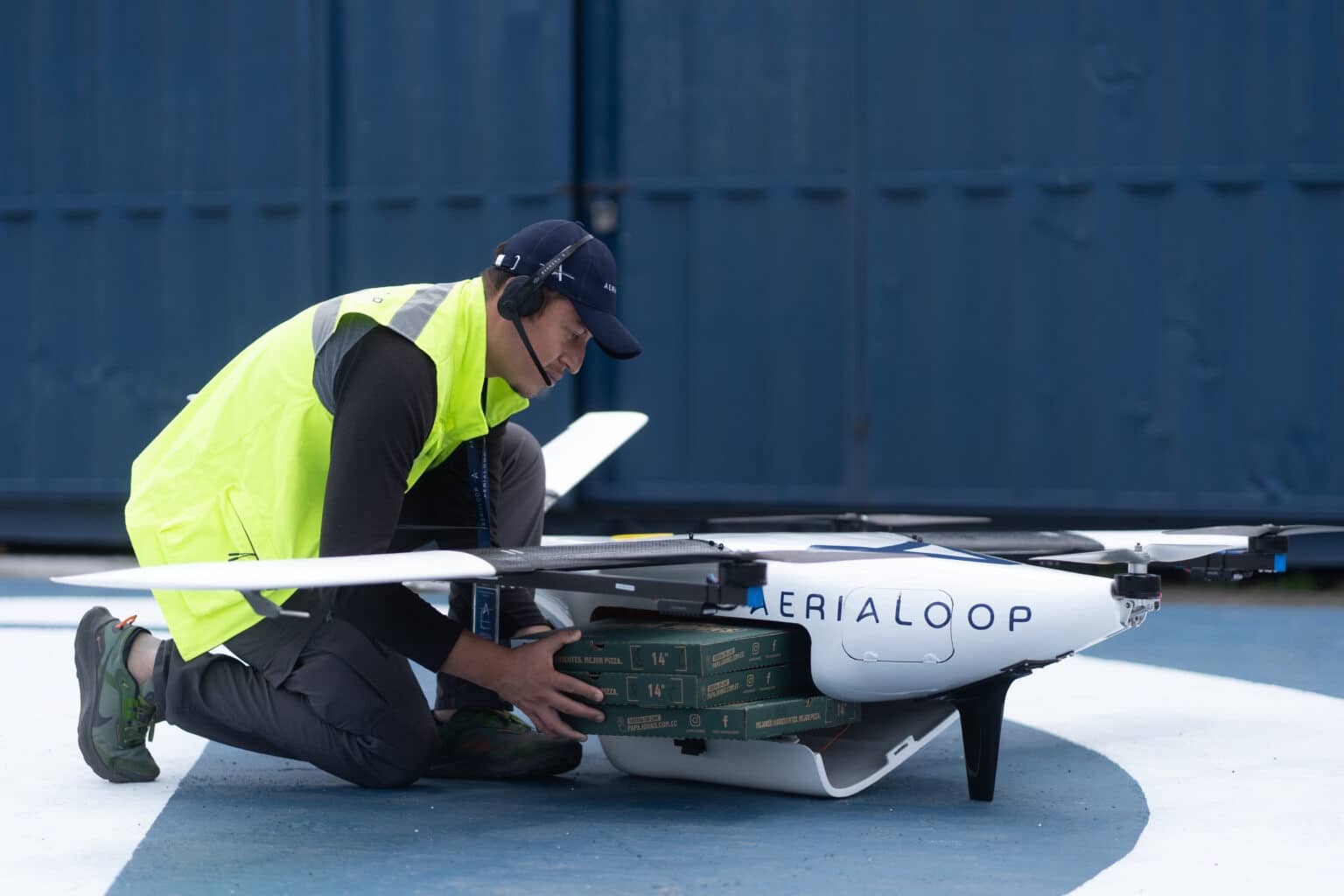

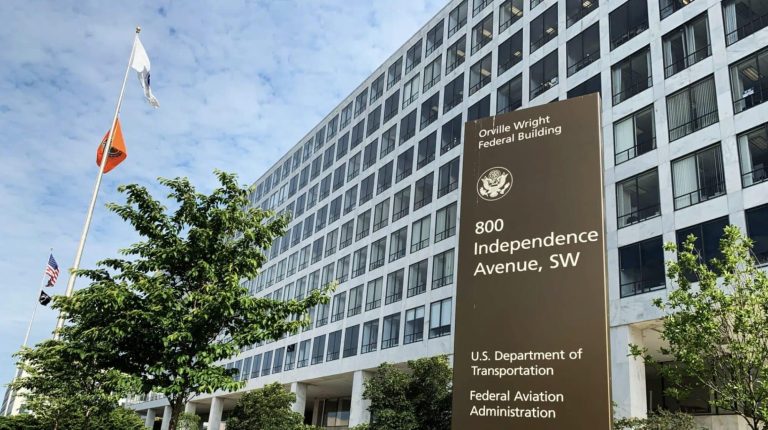
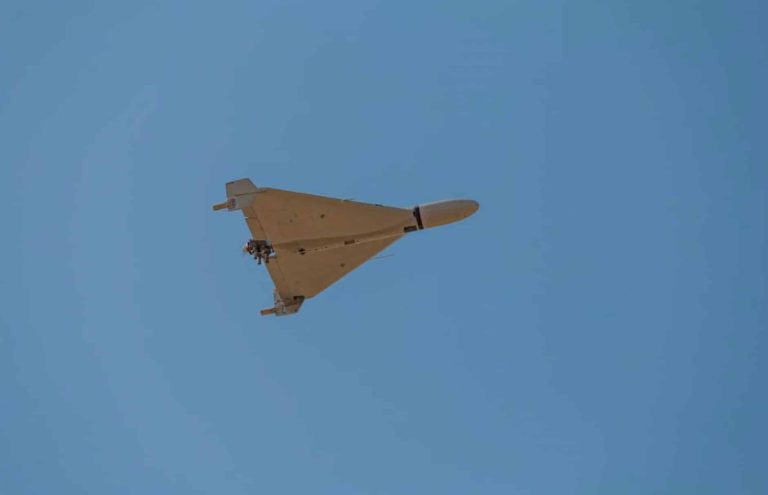

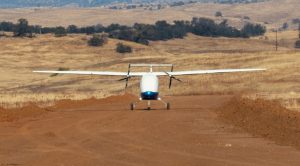
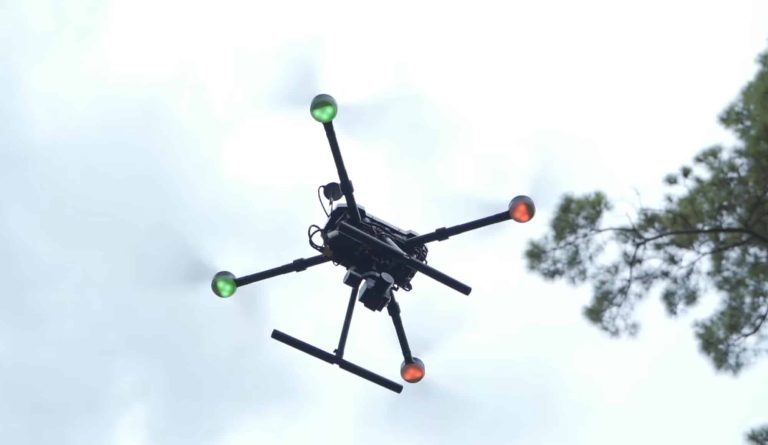
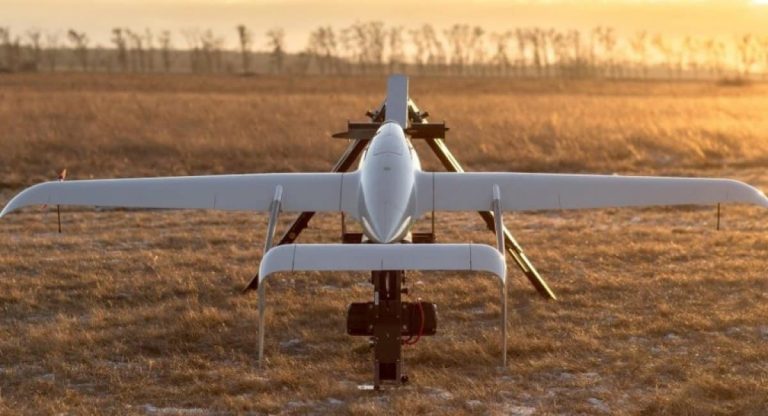
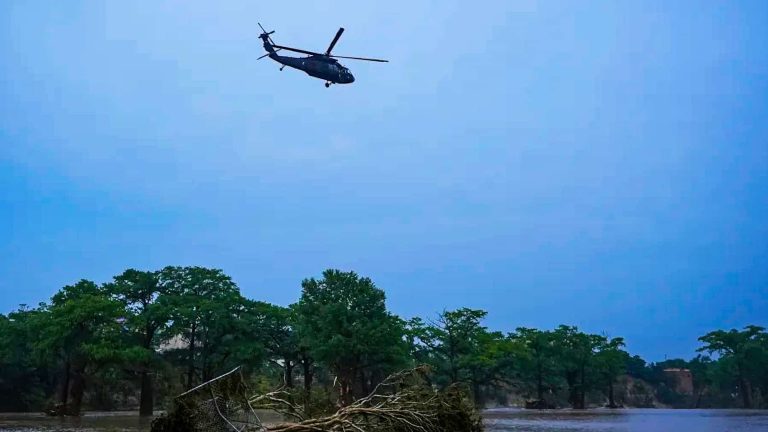
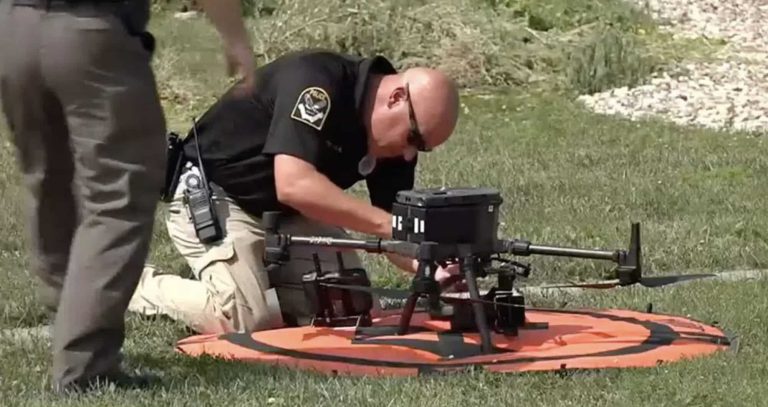

+ There are no comments
Add yours